Unlocking Time: The Essential Guide to Watch Knowledge and Common Sense
In a world where every tick and tock resonates with the rhythm of our lives, watches serve as more than mere instruments for telling time; they are intricate masterpieces that blend art, engineering, and history. From the elegant sweep of a second hand to the dazzling array of complications that populate the faces of high-end timepieces, the universe of horology captures a fascinating spectrum of human ingenuity. Yet, amidst this cherished tradition, a wealth of knowledge often remains locked away, accessible only to a select few enthusiasts.
In ”Unlocking Time: The Essential Guide to Watch Knowledge and Common Sense,” we embark on a journey that unveils the craftsmanship and stories behind your wristwatch. Whether you are a novice exploring the world of timepieces or a seasoned collector looking to deepen your understanding, this guide aspires to bridge the gap between admiration and expertise. Through a blend of practical insights and engaging anecdotes, we invite you to discover the nuances of watchmaking, the significance of various styles, and the common sense needed to navigate this remarkable field. Join us as we unlock the secrets of time, one tick at a time.
Understanding the Anatomy of Timepieces
The intricate beauty of timepieces begins with their fundamental components, each meticulously designed to function in harmony. At the heart of any watch lies the **movement**, which can be classified into two primary types: mechanical and quartz. Mechanical movements rely on a complex series of gears, springs, and levers, which are either wound manually or powered by the natural motion of the wearer’s wrist. Quartz movements, on the other hand, harness the power of a battery and a vibrating quartz crystal to keep time with incredible precision. This division marks a crucial distinction, as enthusiasts often debate the superiority of craftsmanship versus accuracy.
Beyond the movement, several other elements contribute to the overall functionality and style of a timepiece. The **case** protects the inner workings while offering a glimpse of its aesthetic flair. Watch cases can be made from various materials, including stainless steel, titanium, or even gold, each offering different properties like durability and weight. The **dial** houses the hour, minute, and sometimes second markers, often embellished with intricate designs or luminous features for visibility. one must not overlook the **bracelet or strap**, which not only secures the watch to the wrist but also serves as an expression of personal taste, available in materials from leather to metal and innovative synthetics.
| Component | Description |
|---|---|
| Movement | Drives the watch’s timekeeping mechanism, available in mechanical and quartz variants. |
| Case | Protects internal components and defines the watch’s visual style. |
| Dial | Displays the time and may include additional features such as chronographs or date indicators. |
| Bracelet/Strap | Casts personality through various materials while securing the watch to your wrist. |
The Art of Watch Maintenance for Longevity
Maintaining a watch is an intricate dance of precision and care, much like the gears that work tirelessly within it. One of the primary aspects of upkeep is ensuring regular cleaning, which not only removes dirt but also helps prevent corrosion. It’s advisable to take the time to:
- Wipe the case and crystal regularly with a soft, lint-free cloth to keep it clear of smudges and scratches.
- Check the seals for any signs of wear to maintain water resistance.
- Serve your watch every three to five years, especially for automatic or complicated pieces, to keep the movement running smoothly.
Moreover, proper storage plays a significant role in preserving the longevity of a timepiece. Avoid exposure to extreme temperatures and moisture, which can negatively affect the movement and external components. For optimal protection, consider these storage tips:
- Keep in a watch box with adequate cushioning to prevent any movement or shock.
- Avoid direct sunlight that may fade the dial and damage the finishes.
- Store in a dry environment or use silica gel packets to absorb any excess humidity.
Decoding Watch Styles: Choosing the Right Timepiece for Every Occasion
When it comes to selecting a watch that complements your personal style and meets your daily needs, understanding the nuances of different watch types becomes essential. Consider the occasion: **formal events** typically call for elegant timepieces, often featuring classic designs and precious materials such as stainless steel or gold. Meanwhile, for **casual outings**, you might opt for a sporty look, such as a rugged chronograph or a versatile smartwatch that adapts to various activities. Don’t forget to think about the size and fit of the watch—this is key in achieving a balanced look on your wrist, no matter the formality of the event.
Your choice may also hinge on functionality; for example, a **dress watch** is often minimalist, emphasizing elegance rather than utility, while a **diver’s watch** boasts water resistance and robust design for adventure seekers. For those who travel frequently, a **GMT watch** with dual time zones can be extremely practical. Evaluate your lifestyle and preferences against these styles to ensure your timepiece not only tells time but also tells your story. Here’s a quick overview of essential styles:
| Watch Style | Best Use | Features |
|---|---|---|
| Dress Watch | Formal Occasions | Minimalistic, leather straps, elegant dials |
| Sport Watch | Casual & Outdoor Activities | Durable, features like chronograph, often water-resistant |
| Diver’s Watch | Water Sports | High water resistance, bold design, rotating bezel |
| Smartwatch | Everyday Use | Fitness tracking, notifications, customizable |
The Conclusion
As we draw the curtain on our exploration of “Unlocking Time: The Essential Guide to Watch Knowledge and Common Sense,” we hope you now possess not only the keys to understanding the intricate world of horology but also the wisdom to navigate it with confidence. Watches are more than mere tools for telling time; they are intricate pieces of art, vessels of history, and representations of personal expression.
Whether you seek to enhance your collection, choose a meaningful gift, or simply develop a deeper appreciation for craftsmanship, remember that knowledge is your most valuable companion. Armed with the insights and common sense gleaned from our guide, you can approach each tick and tock with newfound clarity.
As you embark on your journey through timepieces, may every watch you encounter tell a story, spark curiosity, and inspire conversations that transcend the ordinary. Embrace the time you have, for each moment is worth celebrating. Happy horological adventures!





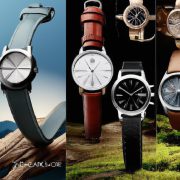
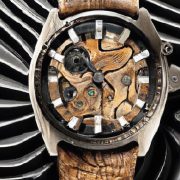
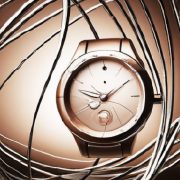

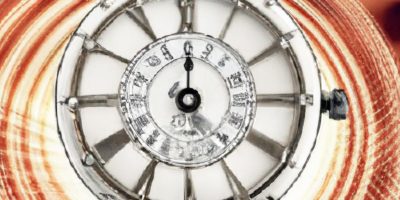


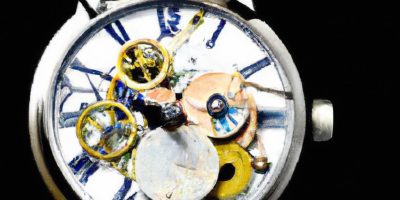

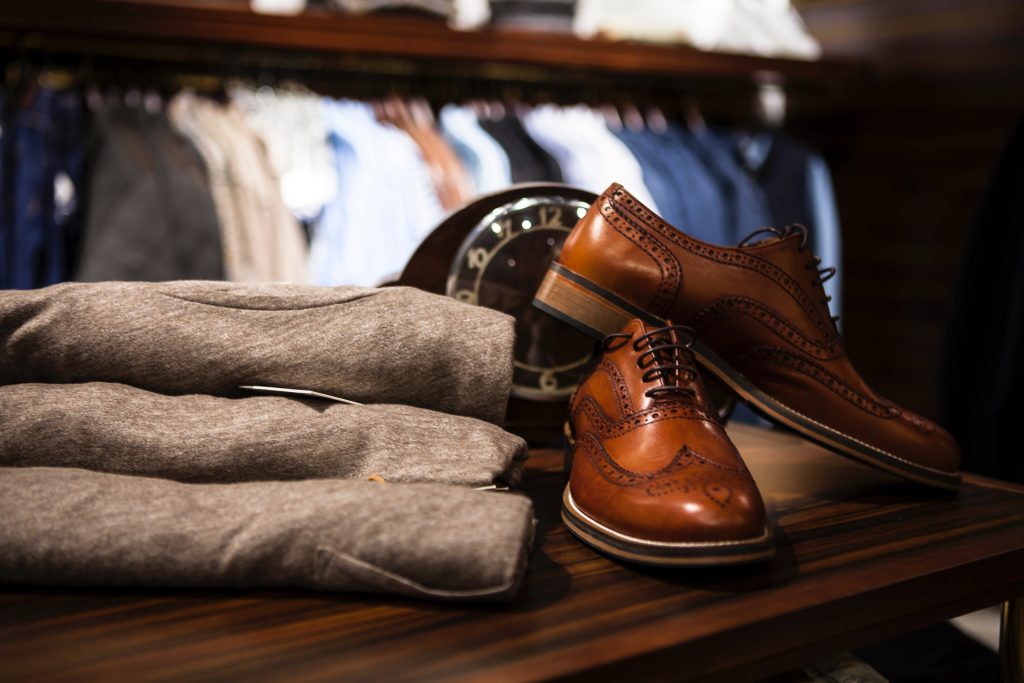


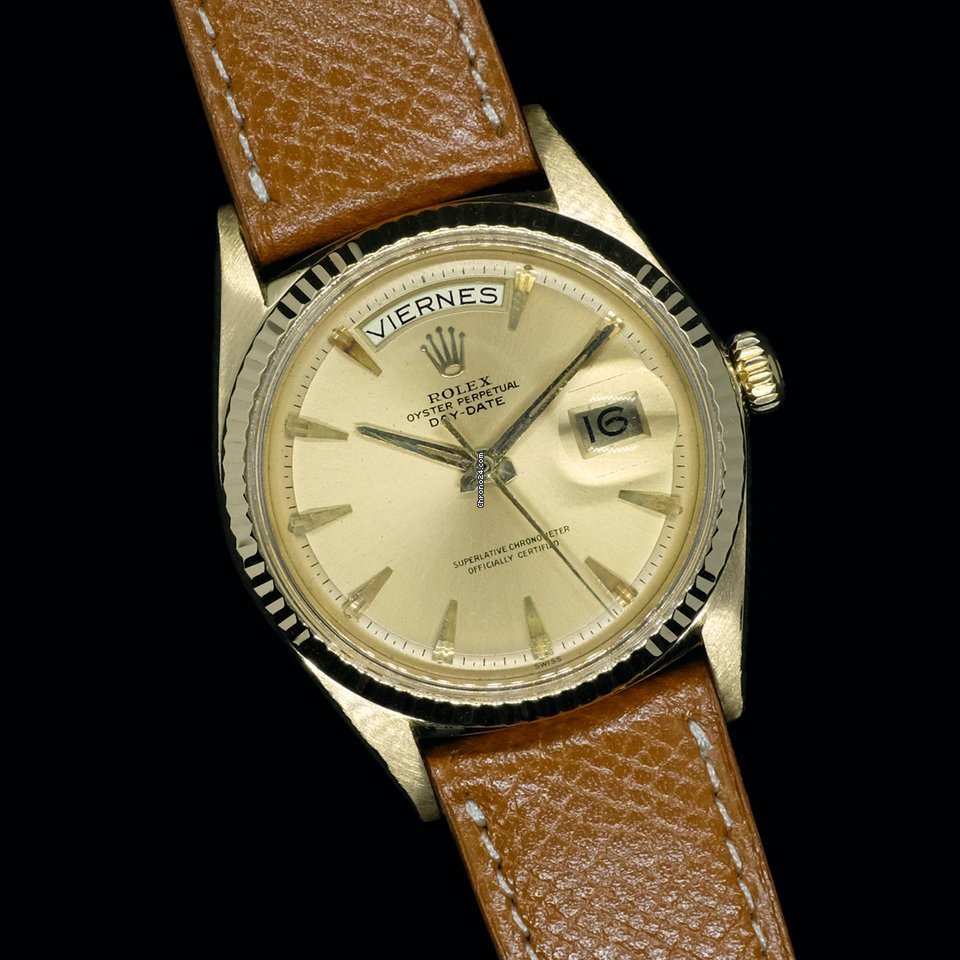
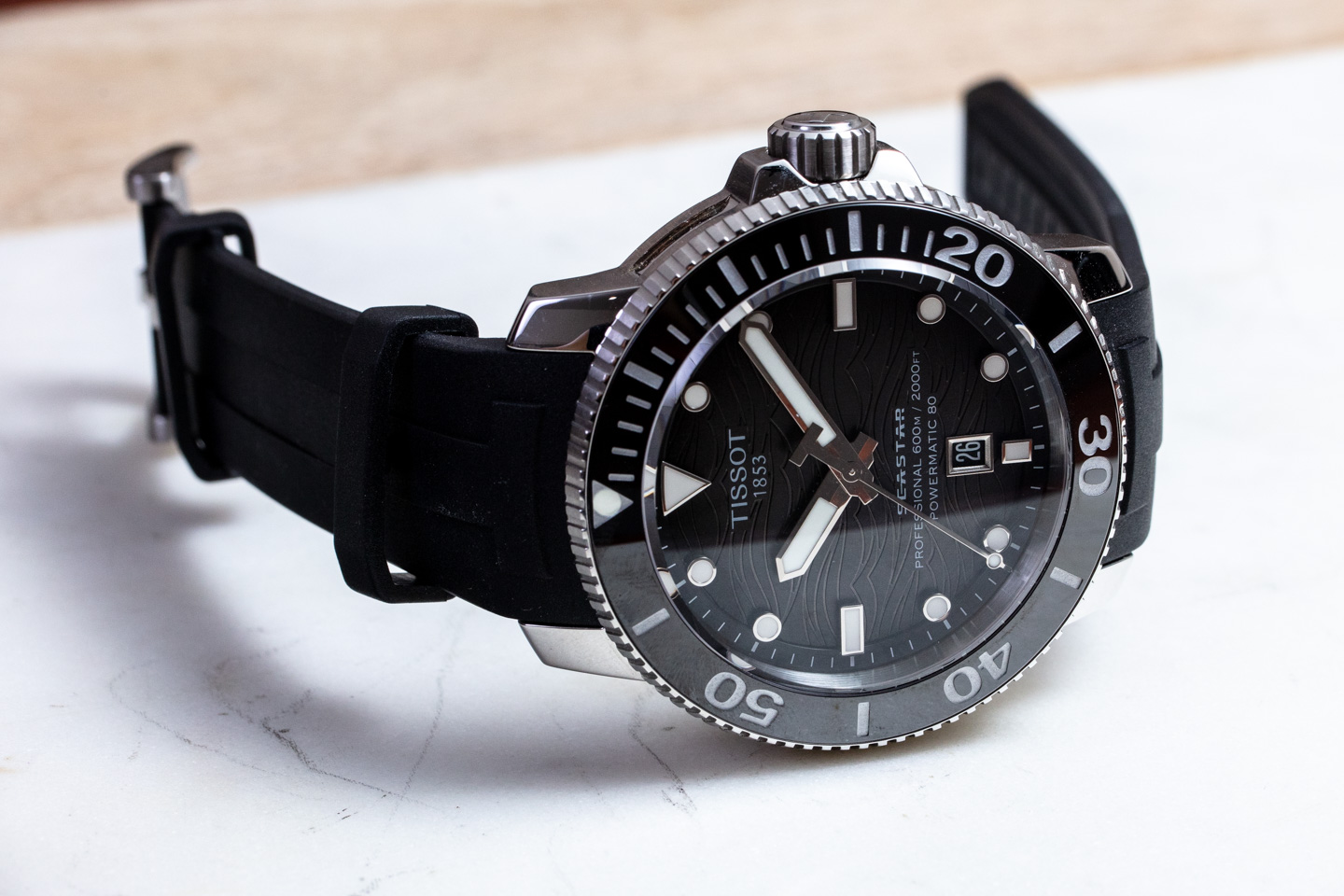
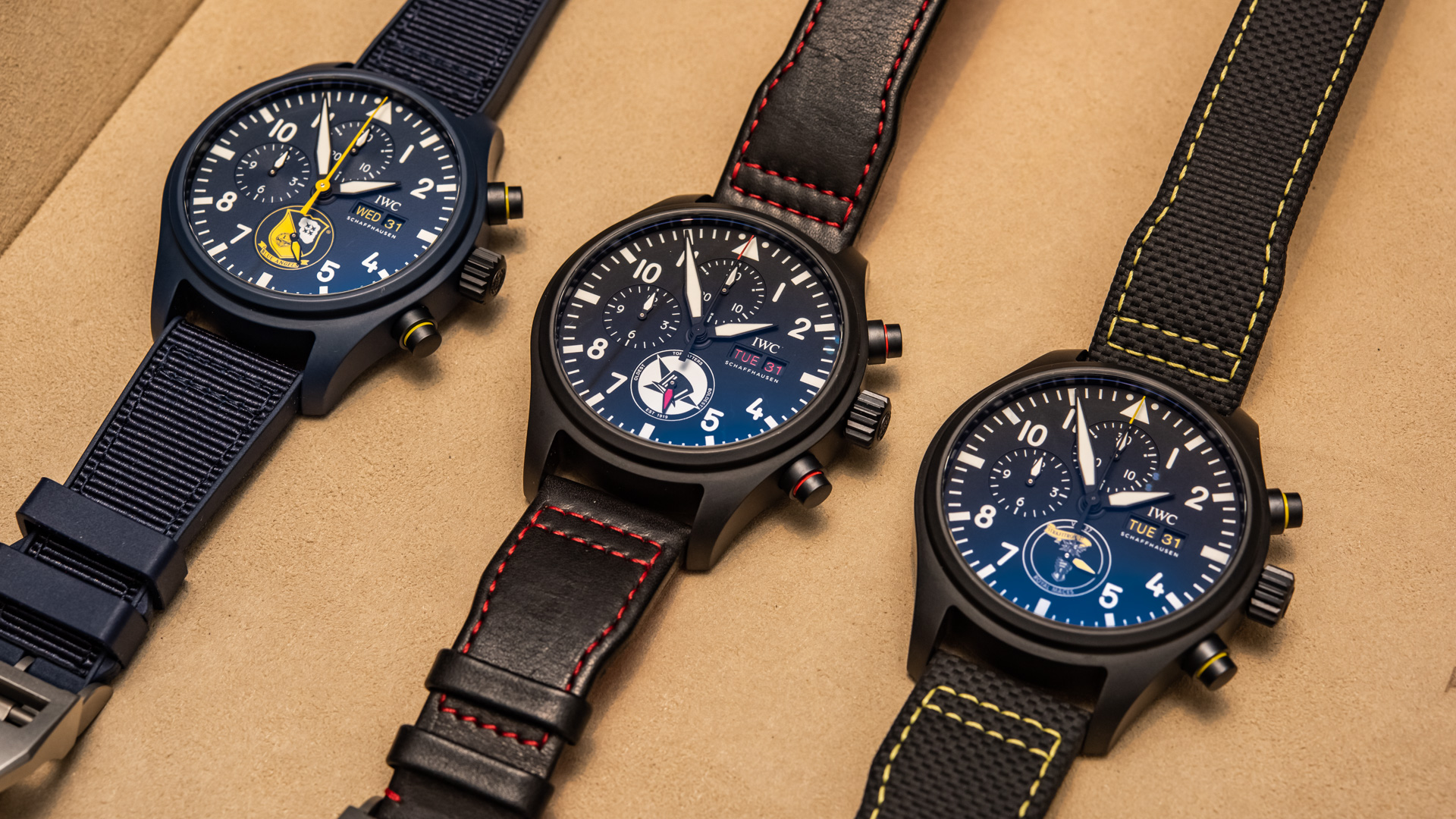
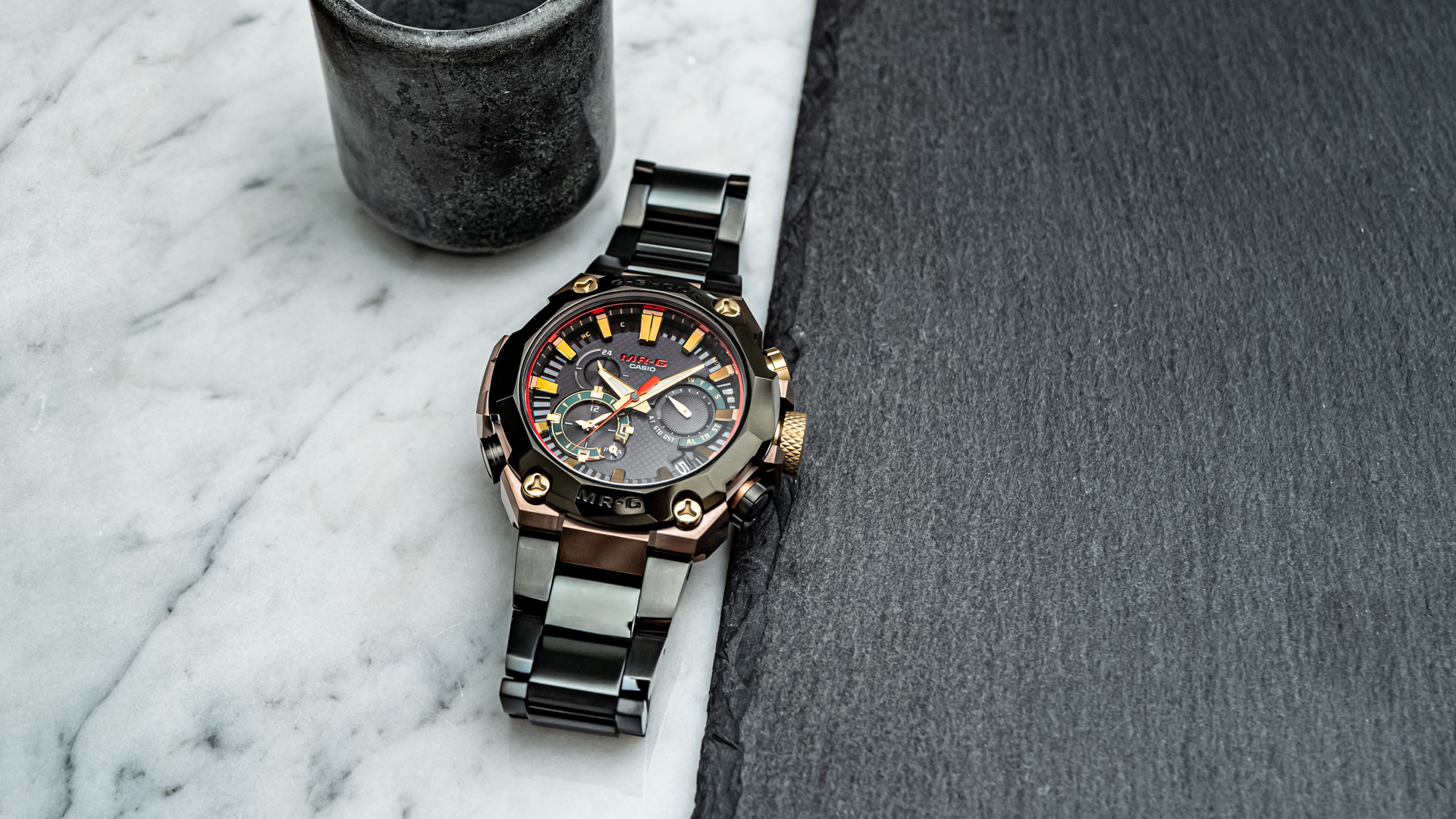


Comments